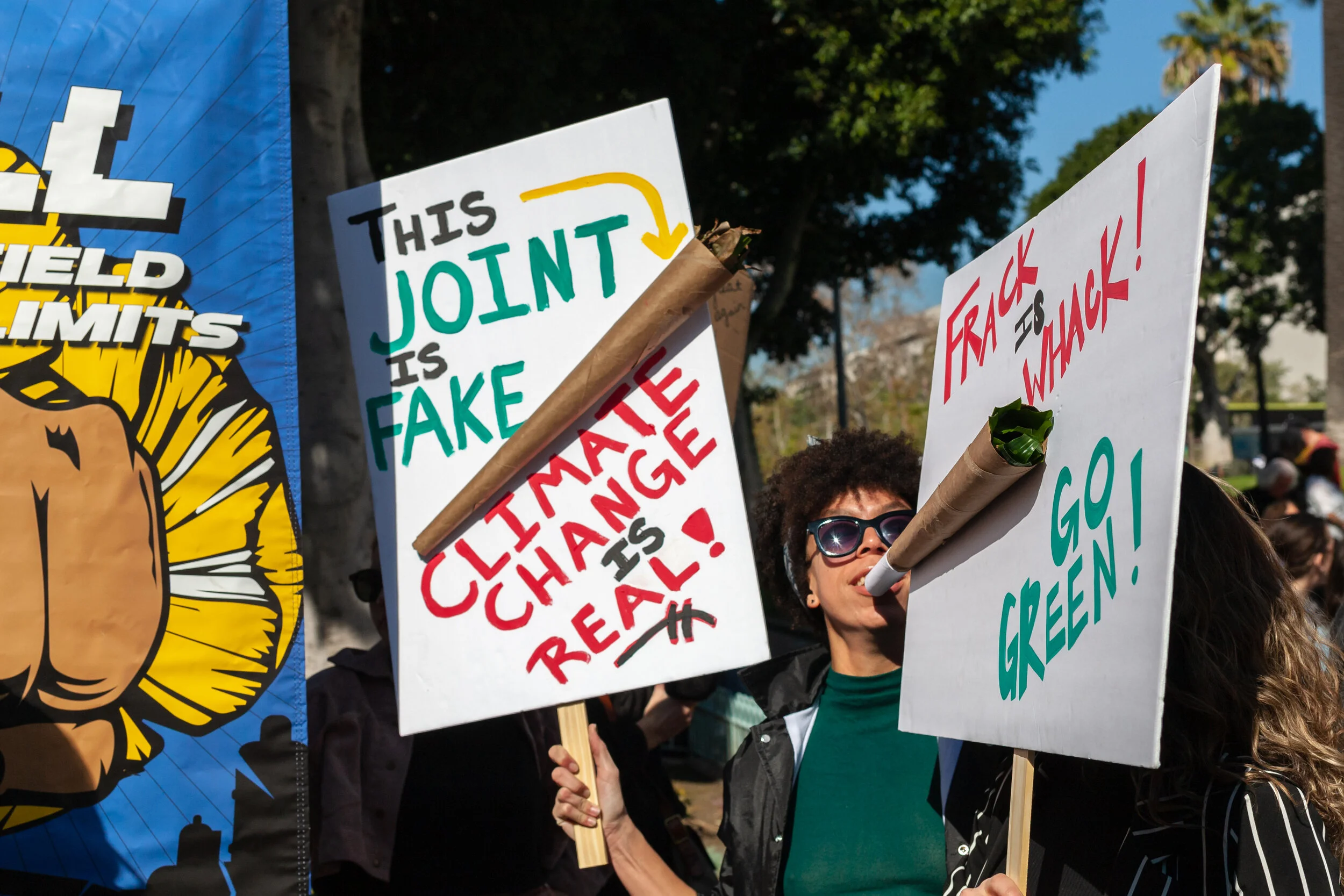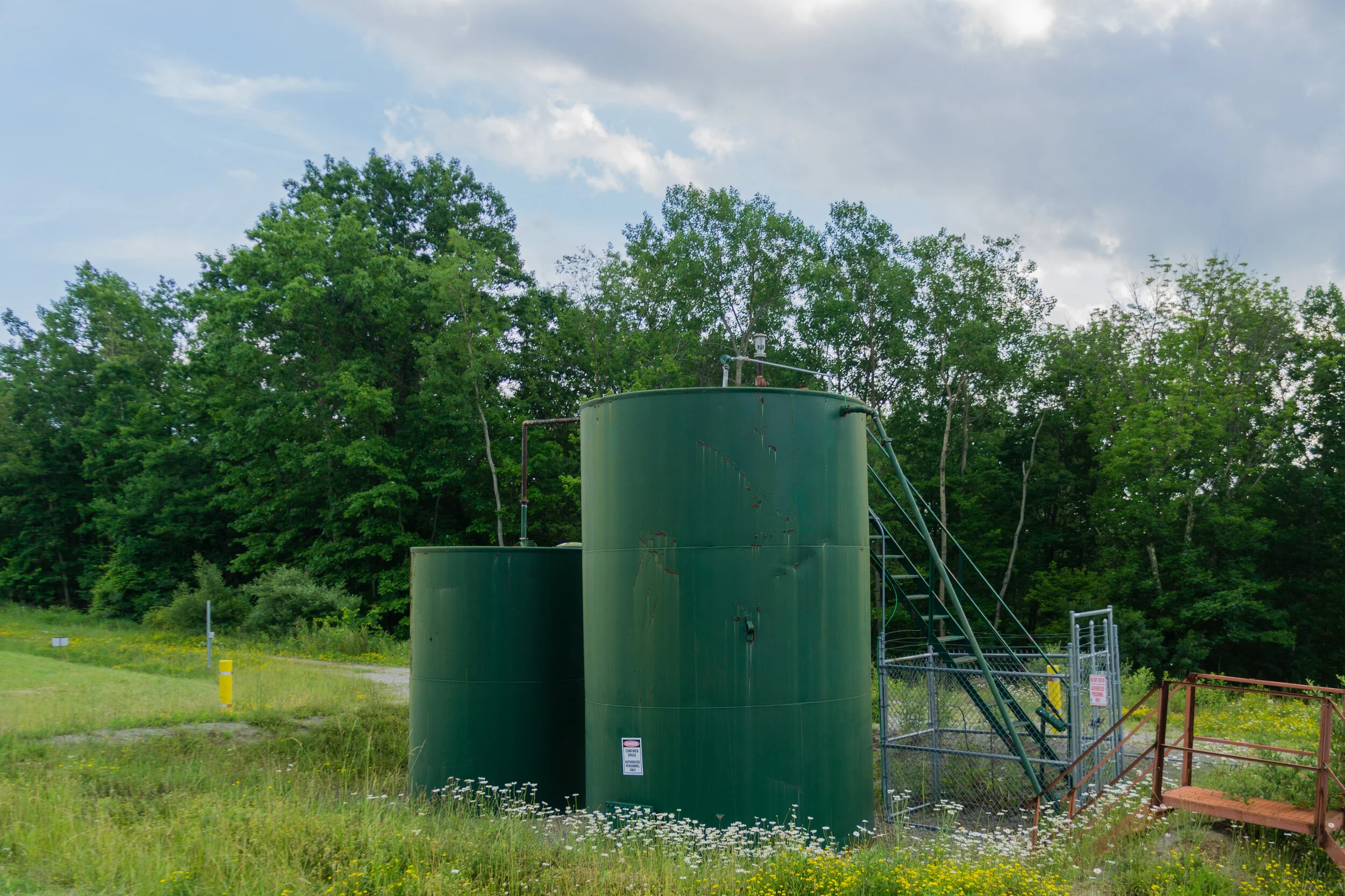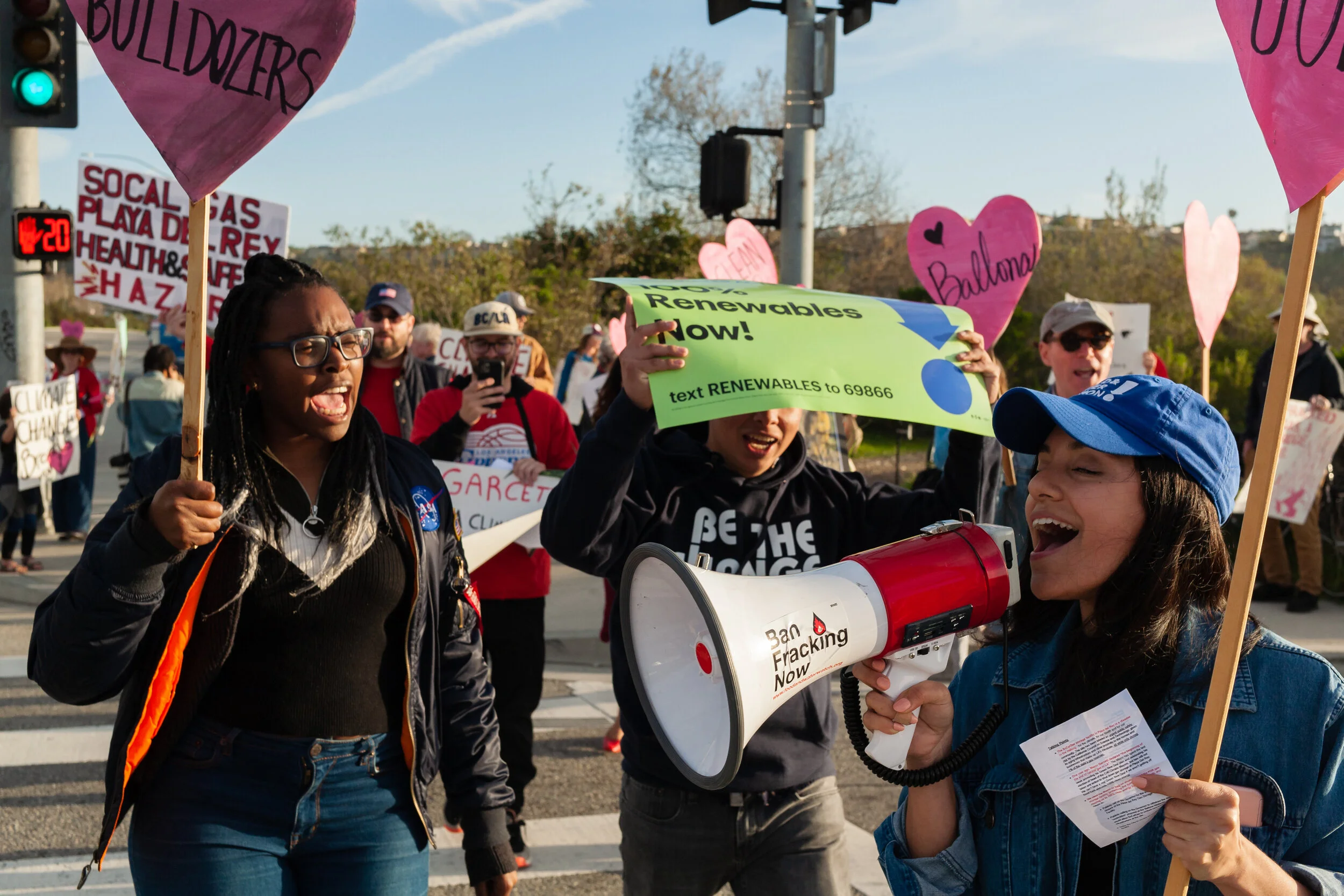Fracking Politics
Project Description
In the United States, we know that health inequalities are reproduced based on who you are (e.g., race, ethnicity, gender), access to economic resources (e.g., social class, housing status), and where you live (e.g., urban vs. rural). Too often, negative health consequences are found in what have become the “obvious” places: food deserts in poor or minority neighborhoods, lack of doctors in rural areas, etc. In addition, we see negative health consequences bound up in environmental issues, ranging from climate change, air and water quality, as well as industrial waste.
We also know that social problems can be resistant to change, because systems of inequality are upheld by our beliefs, attitudes, and actions. So, what can be done about this, and how can sociology help? Alongside collaborator Matthew Jerome Schneider, I had a very similar question as we have been investigating the case of hydraulic fracturing (a specific form of oil and natural gas drilling), better known as “fracking.” Supporters promote its possibilities for economic growth and the transition to domestic sources of energy, while opponents cite evidence of air pollution, water contamination, and the fragmentation of local communities.
The American public is split on support for hydraulic fracturing. This project seeks to better understand fracking attitudes by predicting support via economic, environmental, and public health concern.
Project Outcomes
2021 O’Neill, Brian F. and Matthew Jerome Schneider. “A Public Health Frame for Fracking? Predicting Public Support for Hydraulic Fracturing.” The Sociological Quarterly. Online at DOI 10.1080/00380253
2nd Place – 2020 Midwest Sociological Society graduate student paper competition
Winner – 2019 George L. Beslow Award for outstanding unpublished graduate student paper in the Department of Sociology, University of Illinois at Urbana-Champaign
2021 O’Neill, Brian F. and Matthew Jerome Schneider. “Fracking, Public Health, and Biden’s Green New Deal.” The Society Pages.
2021 O’Neill, Brian F. and Matthew Jerome Schneider. “Putting Sociology to Use: Reframing Fracking as a Public Health Risk.” In The Textbook of Health Disparities, edited by Abby Reiter. Published by Kendall Hunt Publishing Company.




